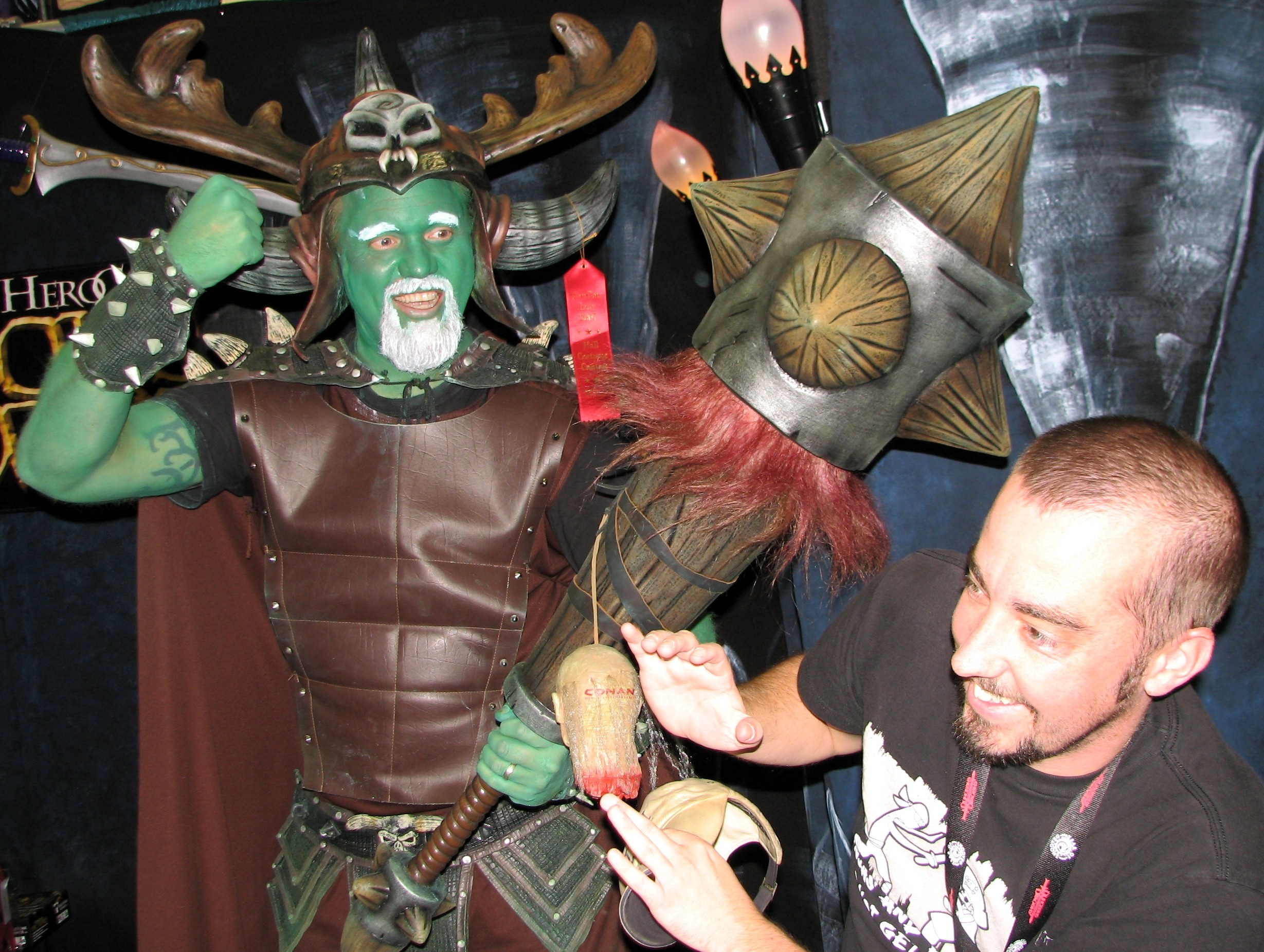Wrapped up my novella work last week for the licensed setting based on the game Aletheia. In this world, there were characters with psychic powers, mysterious villains, and a highly detailed setting–a sprawling, remodeled Victorian mansion called Hepta Sophistai in the town of Seven Dogs, Alaska. Inside the house, there were portals within the house that opened up to other parts of the world in unique environments, a long list of signature characters, a solid history of events as well as a general sense of what the possible future might be.
What I just described is not uncommon to any licensed setting. Ensuring that your story’s details match what’s in the setting can be exhausting, painstaking, almost data-driven work that can suck the creativity right out of you. My particular style of writing is more of a weave where I often take small details and mention them throughout the story, to provide a more subtle backdrop. It is extremely easy to fall into the trap where you spend more time describing the setting than providing an actual story because as a writer, you have two goals. One goal is to ensure that you are appropriately translating someone’s intellectual property (IP) and the other is to tell a story.
I resolved the technical details of the setting I was writing for by focusing on plot first. What story did I want to write? What kind of characters would I want to develop? From there, I first mapped the character details, to make sure they fit the setting, and then focused on the world-“deconstructing.” In my case, this was especially useful because I chose to write in the first person so that their voice reflected the world around them.
As a side note, I should mention that first person gives you a bit more flexibility when you’re working with a licensed setting because, as a character, the point-of-view (POV) by default is through one person’s eyes. One character’s POV is limited because of what they see so the emphasis is more on “thoughts” or “feelings” of that character. On the flip side, a reader’s expectations of a third person narrator may require more setting details because of the narrator’s omniscience.
I feel that many of my setting limitations were self-imposed, even though this is not a common or mainstream property, because of the way that I view IP. Within any licensed setting, there may be any number of signature or iconic elements that readers and fans glom on to; with the amount of dedicated fans out there, I feel that even if one IP isn’t as popular as another, there still may be that one fan out there who doesn’t want it screwed up. (Or the publisher for that matter).
Take, for example, the difference between Superman and one of the movies I really like–Pitch Black. Superman, by himself, is an iconic character who has other, signature characters around him with a few, key setting locations. Riddick, by contrast, is also an iconic character who initially has signature characters surrounding him in a key setting. Now, remove a few signature characters through death and the key setting by escape; you’re left with Riddick as the primary component of the setting. In the second movie, the setting around Riddick is completely removed from Pitch Black, and takes on fantastical elements. Is this still a Pitch Black movie? In my opinion, it’s not–it’s a Riddick movie.
If you were to write a story about Superman, you’d have a lot of flexibility within the boundaries of the IP to make your story ring true like the big man in blue. Writing a story about Riddick, on the other hand, may not be that easy because the elements that surround this dark hero (of sorts) need to somehow tie back into Riddick in a believable way that isn’t formulaic. An interesting challenge, in my opinion, in a setting that I feel hasn’t been explored all that much. Sometimes, just because you have more creative flexibility doesn’t necessarily make a project less difficult.
Of course, you aren’t the only person responsible for how well your story matches a licensed setting. There are layers of editors and other folk who do a lot of work to ensure that a story fits. In my experience, it’s part of being a professional to try to fit within the confines of what you’ve been assigned to regardless of what you’re doing. The easier you are to work with, the more work you’ll get.
By prioritizing your project into a plot-character-setting format, you will be able to save yourself some headaches in the long run and provide an entertaining story for the reader. It may sound cliche, but it more cases than I can count, story should come first.
 This year marks the fifth year I’ve been active within the gaming industry as a freelancer. Within five years I’ve worked on two dozen games, dozens of reviews, attended approximately 35 conventions and gatherings, met hundreds if not thousands of people, spoke on panels, and built some awesome memories. Here are some of my take-a-ways from working in an industry saturated with creative people and a desire to have fun.
This year marks the fifth year I’ve been active within the gaming industry as a freelancer. Within five years I’ve worked on two dozen games, dozens of reviews, attended approximately 35 conventions and gatherings, met hundreds if not thousands of people, spoke on panels, and built some awesome memories. Here are some of my take-a-ways from working in an industry saturated with creative people and a desire to have fun. 